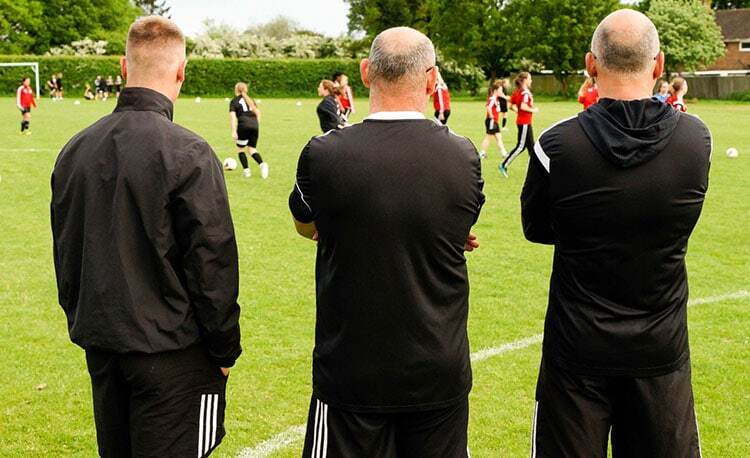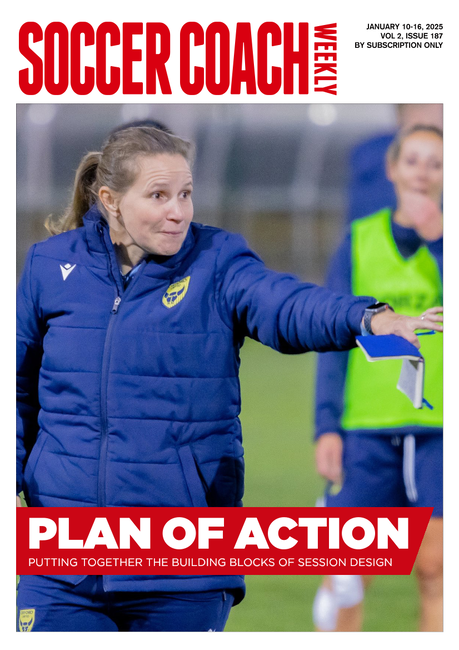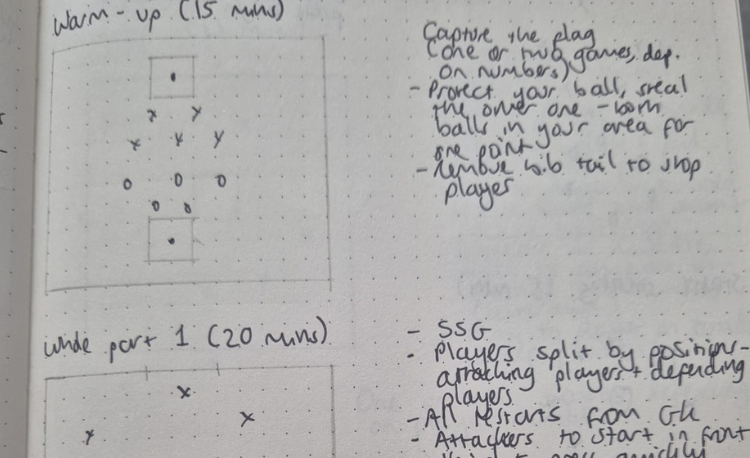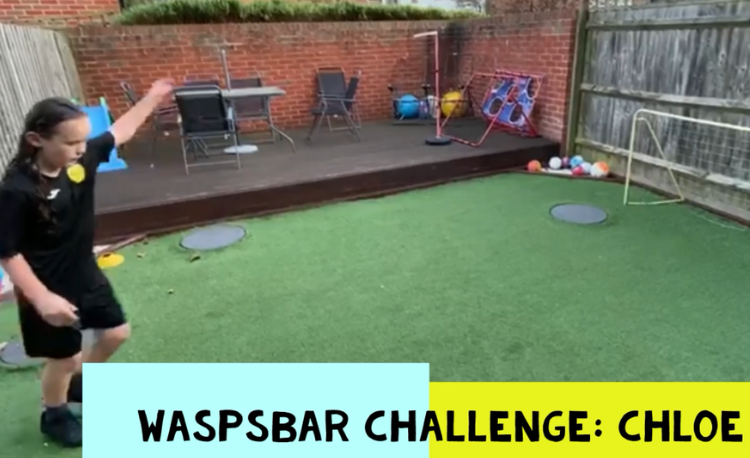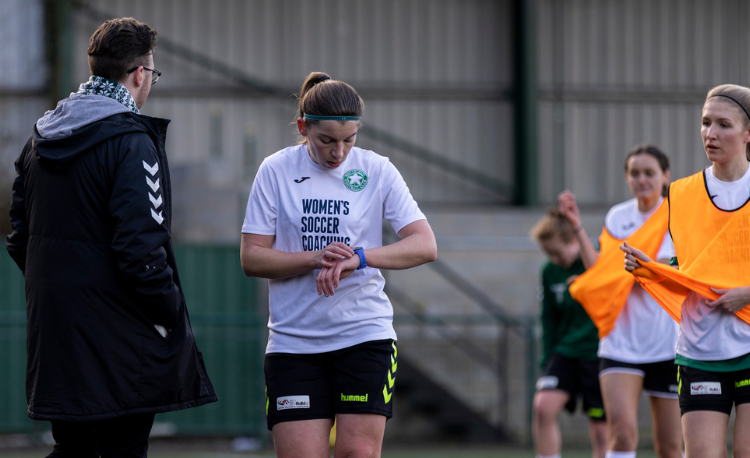Coaching the players, coaches and parents
Understanding the needs of everyone involved is vital to the smooth running of your club and practices, coach educator BILL STARA tells DAVE CLARKE
It is one thing to coach. But who coaches the coaches? One such person is Bill Stara, director of education for the Broomfield Soccer Club in Colorado. He is also an instructor for US Soccer, US Youth Soccer and United Soccer Coaches. Here, Bill talks to Dave Clarke about understanding players, coaches and parents, how to get youngsters engaged at the start of a session and the benefits of playing more than just one sport...
SCW: How did you get into coaching? Is it something you did when you were younger?
BS: "I played soccer in college, and then went into the indoor professional league way back, the MISL. When I got released from that team, I still played semi-pro but I really got into the coaching part, because that started to fascinate me as far as where it could go. "I’ve been coaching ever since, and what a great opportunity - because it’s given me relationships and friendships that reach across the world. You can’t beat it if you’re in it for the right reasons, which is to enjoy the game and enjoy the people."
"As you perfect your craft, it becomes a little easier to make people feel at ease..."
SCW: On your LinkedIn, it says that sports psychology is one of the things you do. Is that a big part of being Director of Education?
BS: "I think it is. I feel it’s important you know who your audience is, whether you’re going to be a coach of coaches or a coach of players. "If you don’t know who you are dealing with, getting your message across is probably going to take you longer. But as you perfect your craft, it becomes a little easier to make people feel at ease. So, find out what their needs are and communicate your message a little bit easier."
SCW: Does that also encompass how a coach works with players?
BS: "We get a lot of coaches that have the knowledge base. But where they may excel at working with a 16-year-old, when they have got to go down to a nine-year-old, it’s a skillset they don’t have. "They are going to feel frustration and the player is probably going to feel frustration. It comes back to us as coaches, how we can be effective in communicating and making the experience for that kid the best experience they have, regardless of their age."
SCW: I assume that with an under-six and an under 16, the motivation is massively different?
BS: "The days of yelling at kids has gone by the wayside, thank goodness. But the question is, how do you interact with a six-year-old to show them the proper way to do things, as opposed to a 16-year-old, where you might ask "Was that really your best effort today?". "Instead of ripping into a kid, if you actually get a chance to know them and ask them questions, I think you get much more out of them. Plus, they understand and start to feel your best interest is them. "And once kids understand that you’re there primarily for them to be successful, that they’ll give you the world."
Related Files
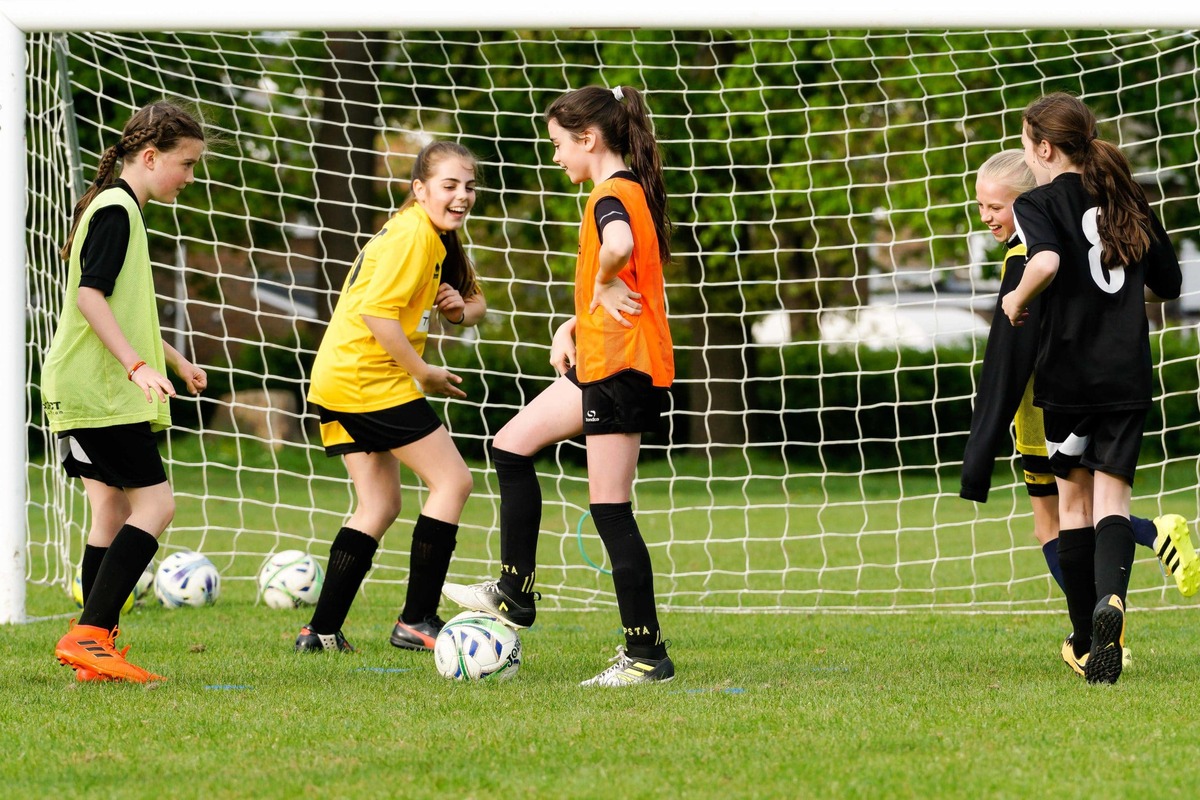
SCW: Do you coach some of the teams or are you coaching the coaches?
BS: "Within the club that I’m currently in, in Broomfield, Colorado, I primarily coach the coaches. But I will get on the field and train the kids, and then I’ll turn them over to the coaches for the weekend. "Dealing with the adult learner and then dealing with kids, you’ve got to change the hat, but I think it’s still important you do have an actual ability to get on the field with the kids because if you don’t constantly hone that craft, you start to lose it."
SCW: Is discipline part of your education? I had someone who missed three practices in a row but he came to the game each week. Does the club have a policy for that?
BS: "Clubs will have policies. But I also think it’s a question of holding kids accountable - that they understand that if they’re going to miss training, they’ve got to let the coach know, and the reason for that. "I think if you set that out ahead of time, at a pre-season meeting with the parents and the kids, you don’t have problems down the road. "If I’ve got a kid that’s not showing up all week, and he hasn’t contacted me, he’s probably going to sit [on the bench] most of the time on Saturday. "But, if I get reasons - ’I had to take care of my little brother and sister because mom and dad had to work late’, or ’I had to work on a particular time’ - as long as they let me know, then we can discuss that with players. "But I see so many coaches that don’t hold their kids accountable. Not in a mean way. But I think in any organization, as long as you’re honest with people, and transparent, they can buy into the standards and the accountability."
SCW: The first thing new coaches ask me is, ’What do I do when they all turn up?’. How do you educate new coaches into how their sessions start and how you get their attention?
BS: "You’ve got to fill their coach’s toolbox with some little gimmicks or gizmos. What we found is, if you put them into playing small sided games - so as two kids show up, they’re playing one-on-one, as four kids show up, it becomes two-on-two - kids actually want to get there on time, because they’re playing. They’re not listening to a coach lecture them for the first five minutes. "But if you start playing games, or have a miniature tournament starting in week one and finishing in week four, and you’re going to keep tabs on how they’re doing, those are the types of things that will entice kids to get there. "And then when they get in the car, they can yap at Mom and Dad - ’You’ve got to get me there early tomorrow because I’m playing on so and so’s team’.
"As long as you’re honest with people, they can buy into the standards..."
"I think the play-practice-play model is great, because when kids do come, we’re putting them into an environment just to play. "If you put them into a play opportunity, and you’ve honed your craft as a coach, you can easily turn that into an activity to teach them what you want, before coming back into play mode. "So me getting them to play as soon as they get there is critical because kids are sat in class all day in school. They don’t want to sit and listen to another person for another 30 minutes. So get them to play."
SCW: Do you educate parents on their role within the club?
BS: "We do a lot of things. For example, we ran a futsal league here over the winter, and as the kids were playing, I would ask the parents to come off to the side and we would address things every week. "You’re always going to have problems, but I think the more things you can address with them, and explain the rationale, they may or may not agree with it, but they at least now understand it and can live with it. "The parents that don’t want to buy into it are probably going to go to a different club. And that’s okay, because if that other club better meets their needs, so be it."
SCW: In England, you might play, say, three different sports - cricket in the summer, and rugby and soccer in winter. Do you find that other sports help?
BS: "I think playing multiple sports is a tremendous asset to kids. Playing basketball or hockey during the wintertime is fantastic. In the summertime, if you’re a swimmer, or you’re playing baseball or softball, it helps you develop as an athlete and as a person. "You get to interact with different people, different coaches, different sports, and then eventually the child is going to find their way as to what they want to gravitate to."
Newsletter Sign Up
Coaches Testimonials

Gerald Kearney, Downtown Las Vegas Soccer Club

Paul Butler, Florida, USA

Rick Shields, Springboro, USA

Tony Green, Pierrefonds Titans, Quebec, Canada
Subscribe Today
Discover the simple way to become a more effective, more successful soccer coach
In a recent survey 89% of subscribers said Soccer Coach Weekly makes them more confident, 91% said Soccer Coach Weekly makes them a more effective coach and 93% said Soccer Coach Weekly makes them more inspired.
*includes 3 coaching manuals
Get Weekly Inspiration
All the latest techniques and approaches
Soccer Coach Weekly offers proven and easy to use soccer drills, coaching sessions, practice plans, small-sided games, warm-ups, training tips and advice.
We've been at the cutting edge of soccer coaching since we launched in 2007, creating resources for the grassroots youth coach, following best practice from around the world and insights from the professional game.
